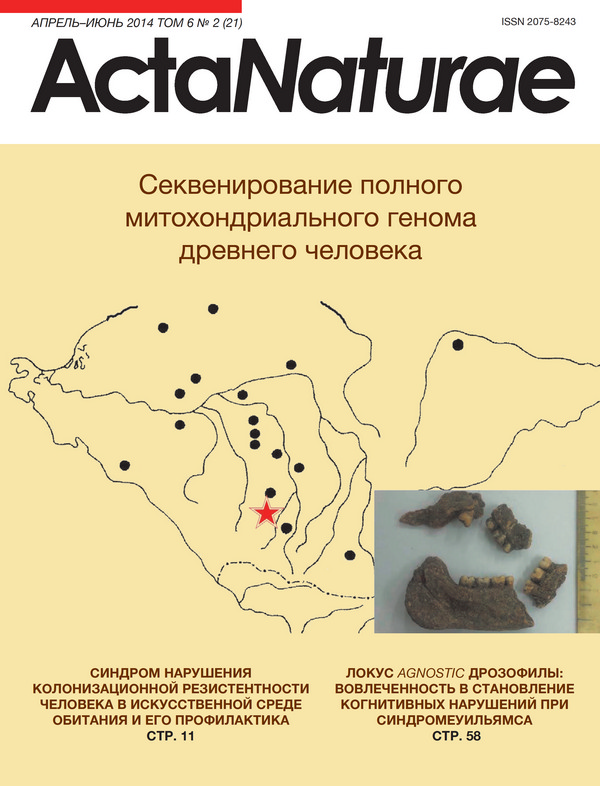Optimization of the Protocol for the Isolation and Refolding of the Extracellular Domain of HER2 Expressed in Escherichia coli
- Authors: Dolgikh V.V.1, Senderskiy I.V.1, Tetz G.V.1, Tetz V.V.1
-
Affiliations:
- Department of Microbiology, Virology and Immunology, First Pavlov State Medical University of Saint Petersburg
- Issue: Vol 6, No 2 (2014)
- Pages: 106-109
- Section: Research Articles
- Submitted: 17.01.2020
- Published: 15.06.2014
- URL: https://actanaturae.ru/2075-8251/article/view/10560
- DOI: https://doi.org/10.32607/20758251-2014-6-2-106-109
- ID: 10560
Cite item







